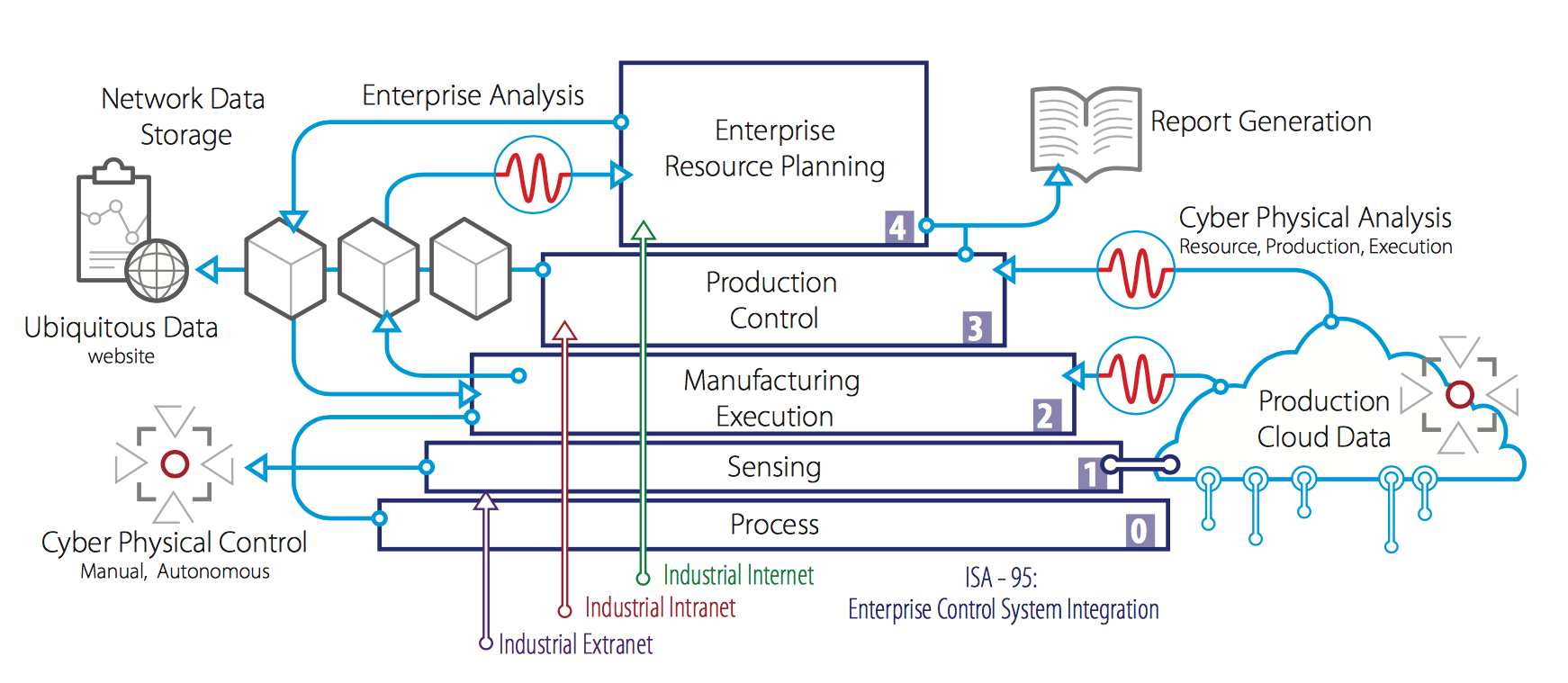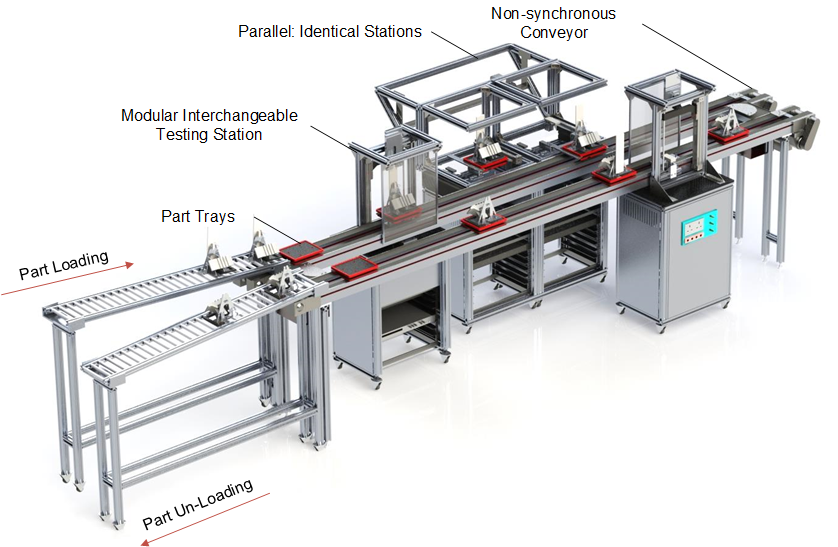Industry 4.0: Surfing the wave of the next Industrial Revolution
HeatWorks magazine talks to Dr Garret O’Donnell, a Principal Investigator of STAM, on the background of the work that TCD is currently doing for Ceramicx. Originally published in Heatworks magazine, 2016.
Welcome again to HeatWorks magazine Garret! Could you first give us a little background on this concept of Industry 4.0 that we’re hearing so much of these days?
Thank you. Historically, the initiative of Industry 4.0 put forward by the German Acatech body helped to contextualise where technology is currently and relate it to production, positioning us in the 4th industrial revolution.

So what is this 4th industrial revolution about?
For control and mechatronic engineers and researchers, we see a significant difference in the exposure of our work and the ability of businesses and management to understand that we can be better connected to machinery and automation; use all manner of data in better ways and optimise the process and product we develop. Our research group in Trinity College Dublin (TCD) are known globally for our ability to extract key data from manufacturing processes and to then use that to optimise the process. We do that by working with the data to understand the process physics.
This research project with Ceramicx Ireland is the first national research project in the field of industrial IOT to be funded in Ireland and by Q1 2017 will be fully implemented within the Ceramicx manufacturing facility in Cork.
And how will the work change things at Ceramicx?
The impact of this Industry 4.0 project on Ceramicx will be transformational in that it will bring extensive data into one cloud location. The location will cover all of the product features, and all of the product performance gathered during manufacturing. Having this data gathered from novel sensors and stored in the cloud allows for complex analytics to be used to characterise various aspects and influences on the component performance. The platform available through National Instruments has been a core enabler in the research work and this case will also be one of the first truly industry 4.0 examples for National Instruments.
By the way, a second major dimension to the project will be the ability of the test system to enable rapid upscaling at the company. The system will be able to rapidly reconfigure from test to lab to production mode where batch sizes of one can be examined, rapidly accelerating the new product development cycle in Ceramicx.

How has the outsourcing approach helped?
By engaging with the Manufacturing Engineering Research group in Trinity College Dublin, Ceramicx has found a partner that can realise the company’s vision to have this rich data made accessible for purposes of optimisation and for generation of novel IP and new IR heating solutions.
This is the second project of this nature developed in partnership between Ceramicx and Trinity College Dublin – the first was the creation of the Herschel Machine Test Instrument - and this has also helped Ceramicx to build its competence in developing test systems for their own customers.
What about the machines involved?
The machine is christened CIRCLE and a modular reconfigurable design philosophy has been used. Therefore the machine can scale to have additional test stations included, and can also adapt to cover 95% of the product portfolio of Ceramicx.
Through the development of a novel software architecture using NI platform, the data will be collated and stored on a cloud platform and open for analytics.
Schematics of the data model are used, based on the ISA 95 enterprise control system. In this case the data available is a rich stream of performance and characterisation data. This contrasts with much typical manufacturing data which normally includes only elementary product status or elementary supply chain data.
What are the next steps?
Work and research is on-going in Trinity College Dublin, finalising the system. The full solution will be put in place in Ceramicx in Cork in Q1 2017.
The platform developed is also being evaluated as a potential platform for bespoke test systems for other applications for Ceramicx customers.
Thank you for your time Garret!
You’re welcome.

